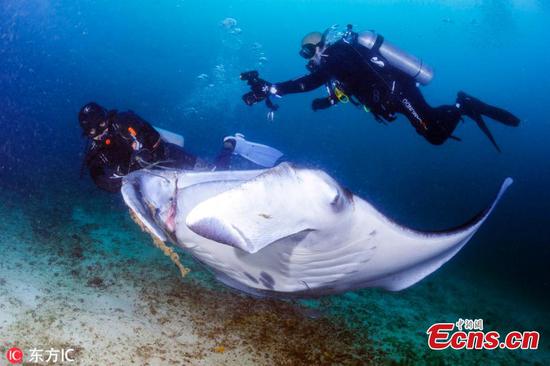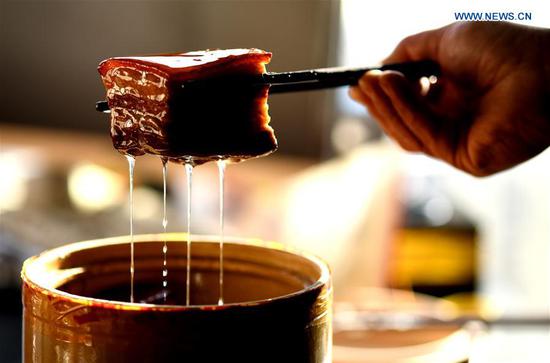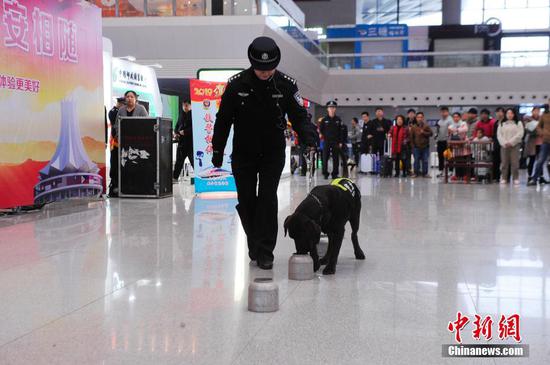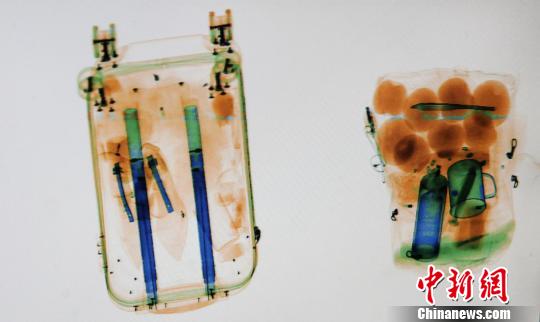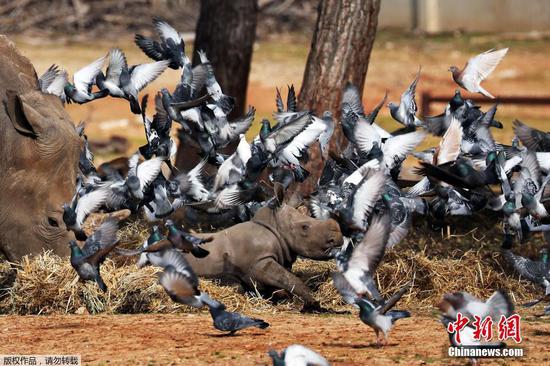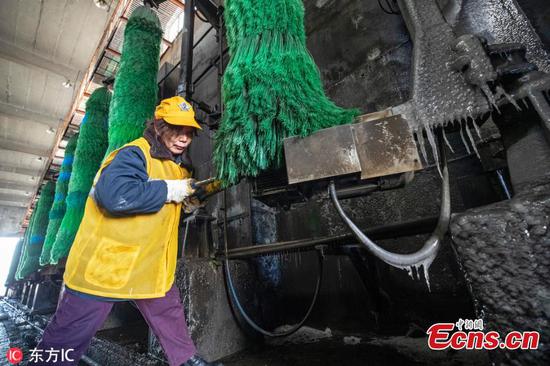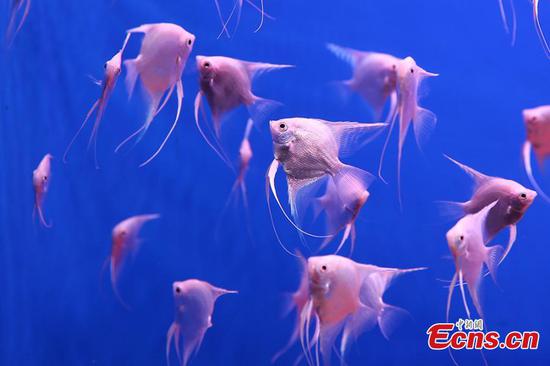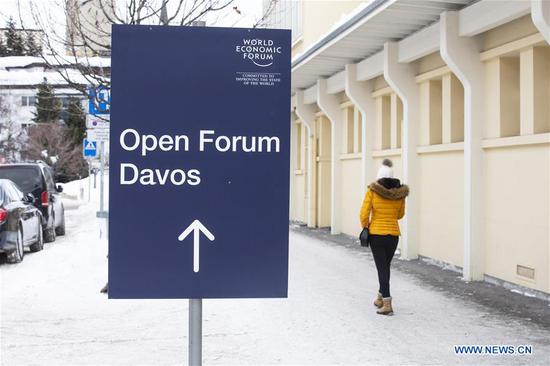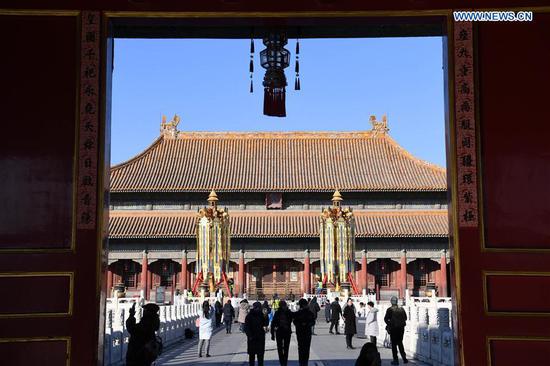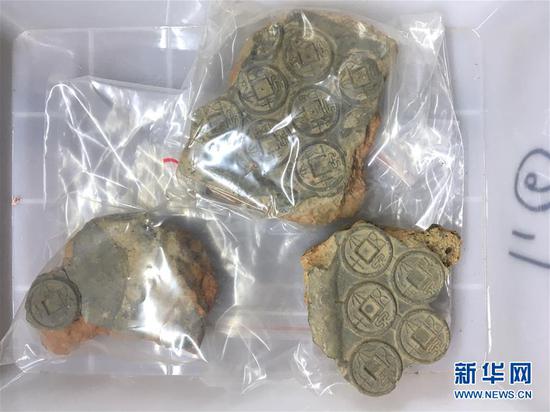Canada's Ambassador to China John McCallum met with Chinese reporters on Tuesday in Toronto over the case of Huawei's Chief Financial Officer (CFO) Meng Wanzhou.
McCallum said Meng has three favorable arguments when facing the judge in her extradition case.
The 46-year-old daughter of Huawei's founder was arrested on December 1 in Vancouver at the request of Washington for allegedly violating U.S. sanctions against Iran. She faces possible extradition to the United States.
Meng was released on bail, and will appear in court on February 6.
Explaining the arguments in Meng's favor, McCallum said that President Donald Trump's comments about her case suggested that the U.S. may use it as a bargaining chip with China.
In an interview with Reuters last month, Trump said he could intervene with the U.S. Justice Department in Meng's case if he sees fit.
"Whatever's good for this country, I would do," Trump was quoted as saying.
"If I think it's good for what will be certainly the largest trade deal ever made – which is a very important thing – what's good for national security – I would certainly intervene if I thought it was necessary."
MacCallum reportedly said that Skycom, which Huawei allegedly used to skirt U.S. sanctions to do business with Iranian companies, is based in Hong Kong, which does not fall under the jurisdiction of Canada. He also noted that his country has not signed on to the U.S. punitive measures against Iran and opposes them.
According to the Canadian diplomat, there are three possible outcomes to the situation, Chinese media reported.
First, Meng would be sent back to China. Second, the U.S. would agree with China to drop the extradition request, and thus Canada would release Meng. Third, Canada would reject the U.S. extradition request and release Meng after the court finds evidence is insufficient during the hearing.
The U.S. confirmed on Tuesday that it is planning to formally request the extradition of Meng, before the January 30 filing deadline, which marks 60 days since her initial detention. Once Washington submits the request, the Canadian Department of Justice will have 30 days to decide whether to push through with it.
Meng's arrest has put pressure on the relations between China and Canada, but McCallum said he is cautiously optimistic about bilateral ties. He noted that the two countries have maintained close, sound economic and trade relations for a long time, and expressed hope that the case will have a satisfactory outcome.
The Canadian official said the case has not affected the issuance of visas to Chinese people planning to visit Canada, with the visa approval rate hovering over 90 percent during the travel season coinciding with the Chinese Spring Festival holiday. He also denied that Canada has barred its nationals from traveling to China.














